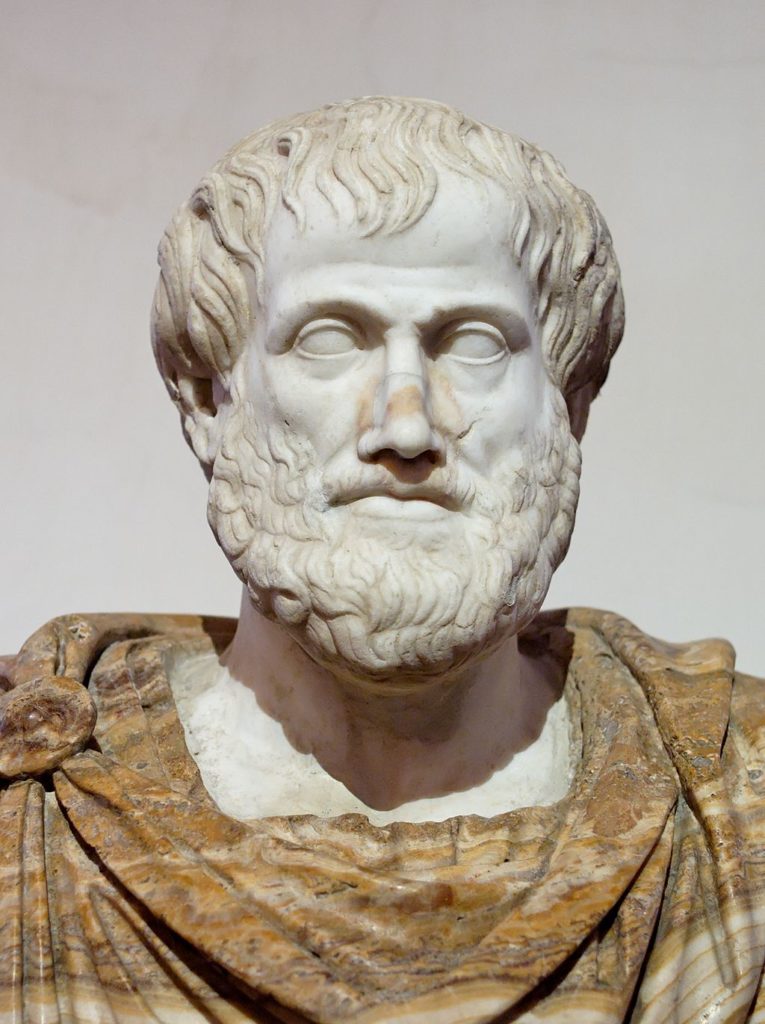Even with a great stack of facts, they won’t necessarily convince your audience. Because it’s not the information alone that is relevant to your audience, but the emotional impact of that information. What this means for you is: use facts – but accompany them with emotional appeal.
There is a difference between persuading by logic and persuading by personal impact. Your audience may understand their thought process, but they still may not want to follow them. People rarely act based on reason alone. Rather, they need to address their deep-seated desires, needs, to get to the people, to convince them. This is how Aristotle (384-322 BC) defined the art of rhetoric. And nothing has changed since then. On the contrary, in the fast and complex world of today, really convincing speeches and presentations are we really most efficient form of communication.
Try convincing a believing person. For example, one who believes that mobile communications can cause cancer; that autonomous driving is dangerous; that the candidate is the right one for the job; that Ariel is better than Persil, the new BMW 5 Series better than the new Mercedes E-Class, Telekom better than Vodafone, Valensia better than the Hohe-C, Aldi better than Lidl, Rolex better than IWC, Aral super gasoline better than Shell super gasoline or E.ON electricity better than RWE electricity.

Aristotle therefore defined rhetoric not as the art of polished speech, but as the faculty of arousing emotions and acting on human passions. Anyone who wants to make an impact with speeches, lectures and presentations should have a good knowledge of human emotions, needs and passions. And know: while reason is a constant, logic and mathematics are unchangeable, this is by no means true of passion. Because as quickly as a feeling comes, it can also disappear.
